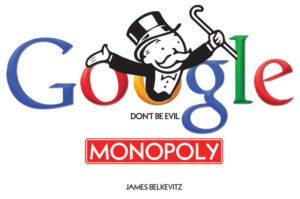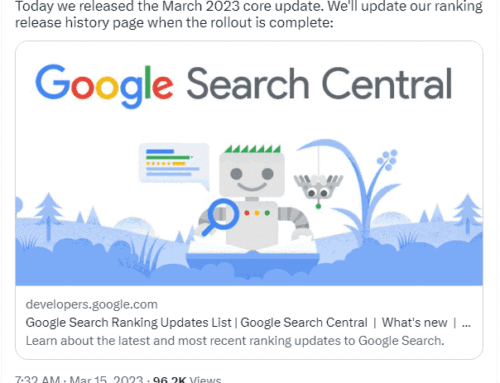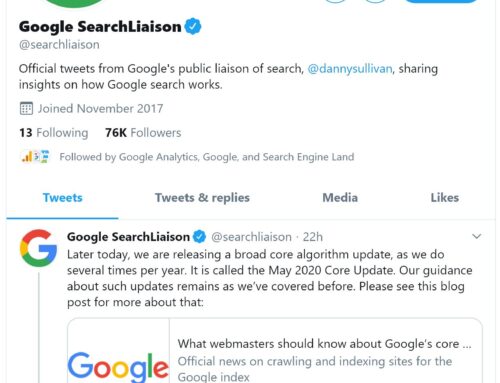
In a landmark ruling, Google has been declared a monopoly after a 10-week trial scrutinizing its search practices. The decision underscores Google’s dominance in online search and advertising, but the full scope of implications hinges on future remedies and Google’s appeal. Industry reactions vary: some anticipate potential breakups or forced structural changes, while others question the feasibility of enforcing such drastic actions. This ruling parallels previous antitrust cases and highlights the complexities of regulating tech giants.
Key Industry Reactions
Potential Remedies
Industry experts predict various outcomes if the appeal fails, from breaking up parts of Google’s business to introducing regulatory measures to foster competition in the search advertising market.
Impact on Advertisers
Search advertisers are particularly interested in how changes to Google’s structure or operations could affect ad pricing and search visibility.
Historical Parallels
Many compare this case to previous rulings involving Google, such as the 2017 decision about Google Shopping, which led to changes but didn’t significantly diminish its market power.
Skepticism Over Enforcement
While the ruling has stirred debate, many industry leaders doubt the effectiveness of potential penalties, fearing that any regulatory actions might fail to create meaningful competition in the market.
Broader Implications for Digital Marketing
For advertisers and businesses relying on search, the ruling may bring significant changes if Google is required to open its advertising platforms or reduce its control over search algorithms. These developments could encourage a more competitive landscape in online search and digital ads, potentially lowering costs and increasing choices for advertisers.
Overall, the ruling signals a potential shift in how major tech companies are regulated and could set precedents that reverberate throughout the industry.



